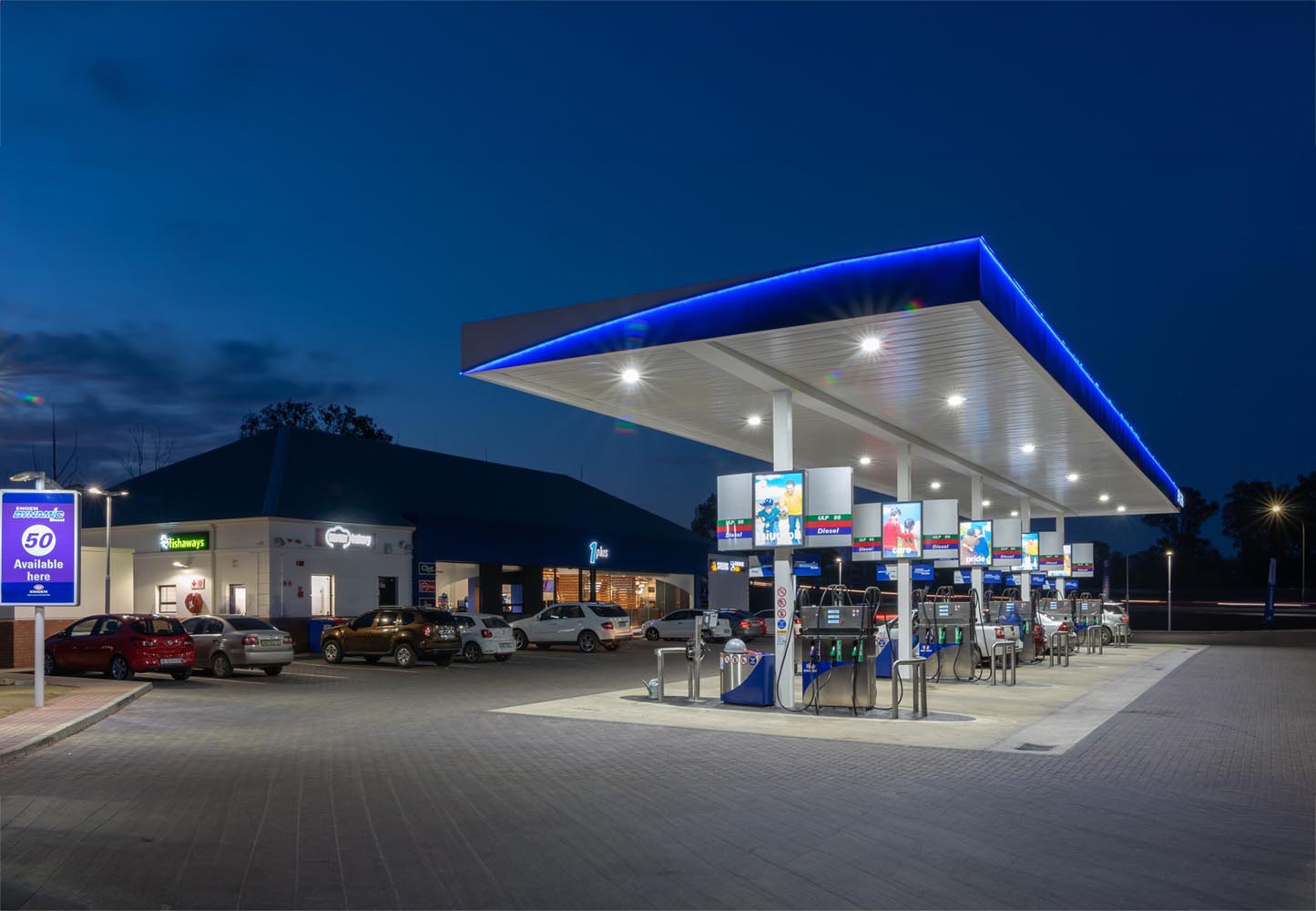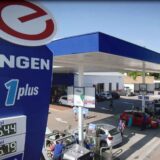
Tribunal greenlights Vitol-Engen merger with conditions
The Competition Tribunal of South Africa has given the green light for the merger between Vitol Emerald Bidco Pty Ltd and Engen Ltd, with significant conditions aimed at safeguarding competition and public interest. This approval follows comprehensive hearings involving multiple stakeholders, including the Competition Commission, the Department of Trade Industry and Competition, Sasol South Africa, Astron Energy, and major labor unions such as NUMSA and CEPPWAWU.
Vitol, a global player in energy marketing and trading, seeks to expand its footprint in South Africa where it currently manages significant crude oil importation and refined petroleum products distribution operations. Engen, primarily operating within Africa, focuses on marketing and distributing petroleum products including petrol, diesel, lubricants, and chemicals.
In February 2023, Malaysia’s state-owned oil and gas company PETRONAS announced that it was selling its 74% stake in Engen to Vivo Energy. Engen has approximately 1,280 service stations and hundreds of commercial customers in sub-Saharan Africa and the Indian Ocean Islands. Vitol owns the Vivo Energy brand, which operates a network of retail service stations under the Shell and Engen brands across Africa. Vivo Energy was created in 2011 as a joint venture between Vitol, Helios Investment Partners, and Shell, and it has since expanded its presence across the continent, focusing on providing high-quality fuels, lubricants, and services to African consumers.
The Competition Commission raised concerns about the merger, particularly about the potential for customer foreclosure in the market for locally refined petroleum products, given that Engen is a significant customer for these products. There were also worries about the potential displacement of local petroleum products by imports due to the combined storage and import capabilities of the merging entities, which could undermine the local petrochemical industry.
To address these competition concerns, the Tribunal has imposed several conditions. Engen must maintain specific procurement volumes from local refineries like Sasol’s Natref and Secunda refineries and Astron Energy’s Cape Town refinery. These measures are intended to mitigate the risks of customer foreclosure and support the local petrochemical sector.
The merger also raises public interest concerns, particularly in terms of employment and ownership. Vitol is required to ensure that Engen establishes a new evergreen Employee Share Ownership Plan (ESOP) within six months post-merger, starting with a 5% shareholding and potentially increasing to 9% within seven years. The ESOP aims to improve the spread of ownership among Engen’s employees, particularly benefiting black employees in line with South Africa’s Broad-Based Black Economic Empowerment (B-BBEE) policies.
Moreover, the conditions stipulate that the combined entity must not reduce its workforce for a period of four years post-merger, and it commits to significant capital investments to maintain and grow Engen’s operations in South Africa.
These conditions reflect the Tribunal’s approach to balancing corporate consolidation with the need to maintain fair competition and protect public interests within South Africa’s strategic energy sector.












